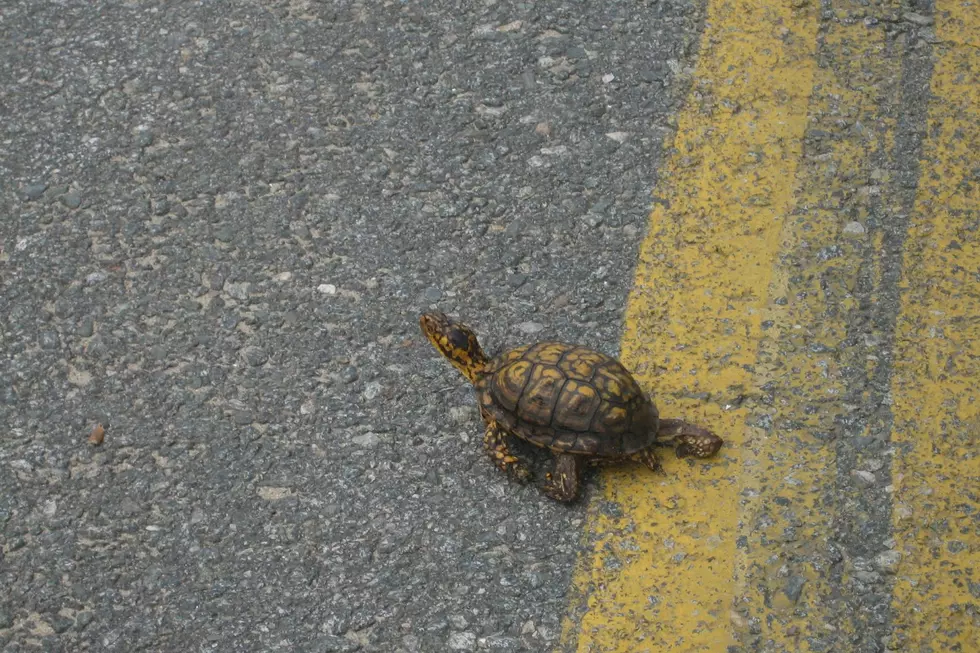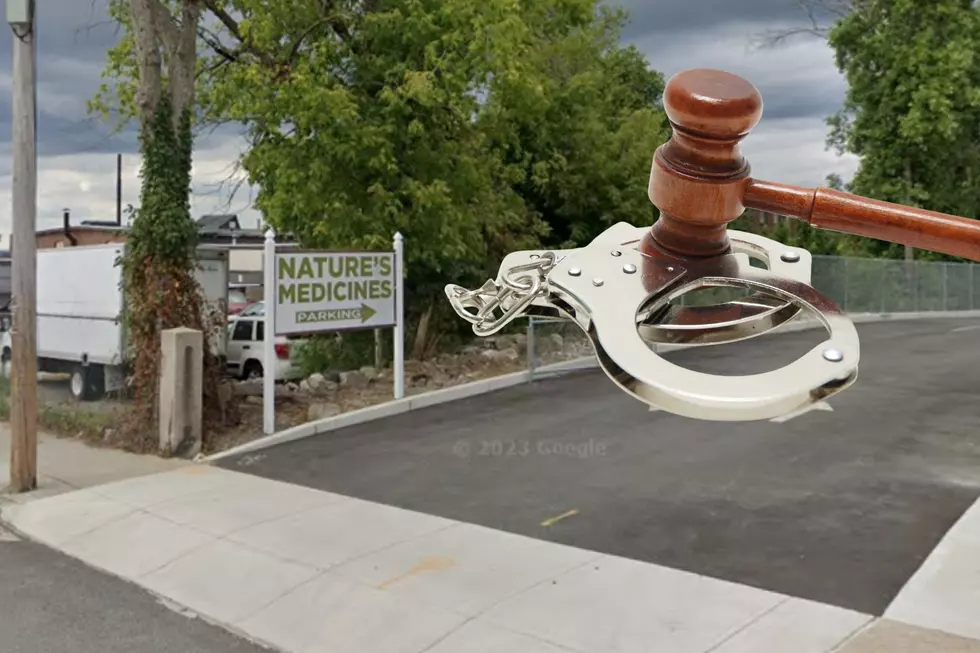
How You Can Be a ‘Turtle Hero’ During Busy Massachusetts Mating Season
We may be seeing some more turtle friends crossing our SouthCoast roads for the next few weeks and we found out why.
It's nesting season.
What does that mean? We spoke with Bob Prescott, sanctuary director emeritus at Mass Audubon.
Prescott said mating and nesting season for turtles started in May and will likely continue through July.
"Some turtles, especially the more fussy box turtle, will travel miles to find a dry and sunny spot to lay their eggs," Prescott said. "This means that we will most likely catch a turtle or two trying to cross our roads."

In proper turtle form, they won't be moving fast, so we should be able to spot them.
What are we supposed to do if we see a turtle crossing? "Help them cross the street," Prescott said.
Obviously, only if it's safe to do so, pick them up and help them to the other side.
"Please give a second look to anything that looks like a rock or a dried leaf," Mass Audubon Wellfleet Bay Wildlife Sanctuary said in a Facebook post earlier this week. "At this time of year, it could be a turtle."
The sanctuary says people who help turtles across the road to a safe area are "turtle heroes," so there's a cool title.
On average, turtles will lay between 20 to 30 eggs. More than half won't survive, so these turtles will need any chance they can get to nest.
One fun fact that I didn't know is that some turtles will live as long as 50 years and will mate and nest their entire lives. Some will nest more than once a year.
Endangered Sea Turtles Released Back into Atlantic Ocean
LOOK: Here are the pets banned in each state
More From WFHN-FM/FUN 107









